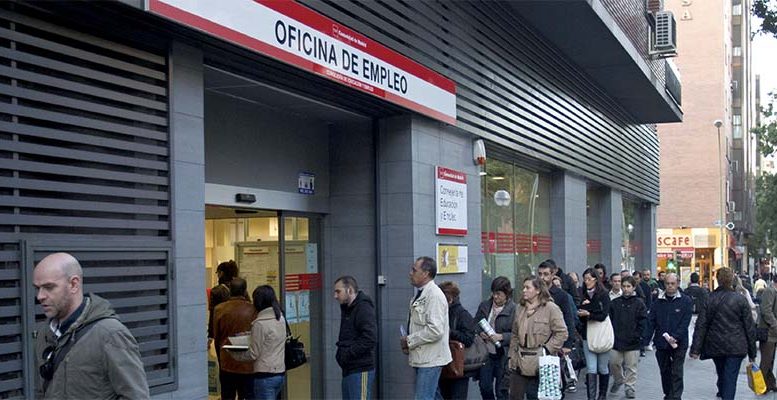Data from the Labour Force Survey (EPA) for the fourth quarter of last year confirm that the Spanish economy’s potential for job creation has been deflated, with the slowest pace of job creation since 2013 and the smallest drop in unemployment since 2012. This puts the spotlight on the effect of the labour reform. It was a law designed to increase permanent contracts, but whose effects on employment and unemployment seem much more modest. In fact, in the fourth quarter, employment was only created in the public sector, where it is hardly applied.
The end of 2022 ended with the unemployment rate at 12.87%, four tenths of a percentage point lower than in 2021 but two tenths of a percentage point higher than in the third quarter.
From October to December, the number of employed persons fell by 81,900, to 20,463,90, while the number of unemployed rose by 43,800, to 3,024,000.
From the analysis of the quarterly data, it can be deduced that the decrease of 81,900 jobs is exclusively due to the loss of 102,000 employed persons. This is the largest quarter-on-quarter fall in private employment since 2012.
Civil servants, for their part, added 20,000 employees, reaching an all-time high of 3.52 million employed.
It so happens that the sector in which the labour reform has had the least impact is the public sector. In fact, while in private companies the law has achieved its objective of reducing temporary employment rate by 9.1 points, to an all-time low of 14.1%, public sector workers continue to hold 30.2% of temporary jobs, barely eight tenths of a point less than a year ago. This brings the overall temporary employment rate to 17.9% and the reduction to 6.3 points. And it brings the temporariness gap between public and private employment to an all-time high of 15.4%.





